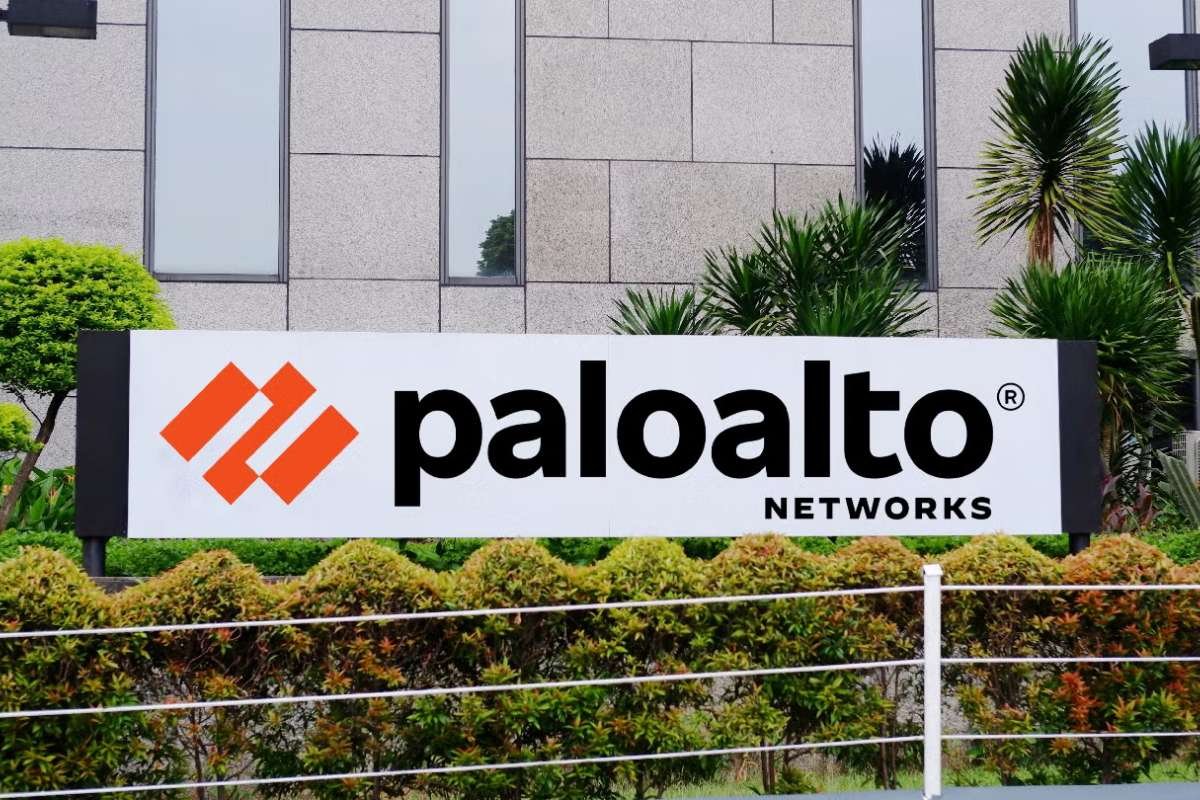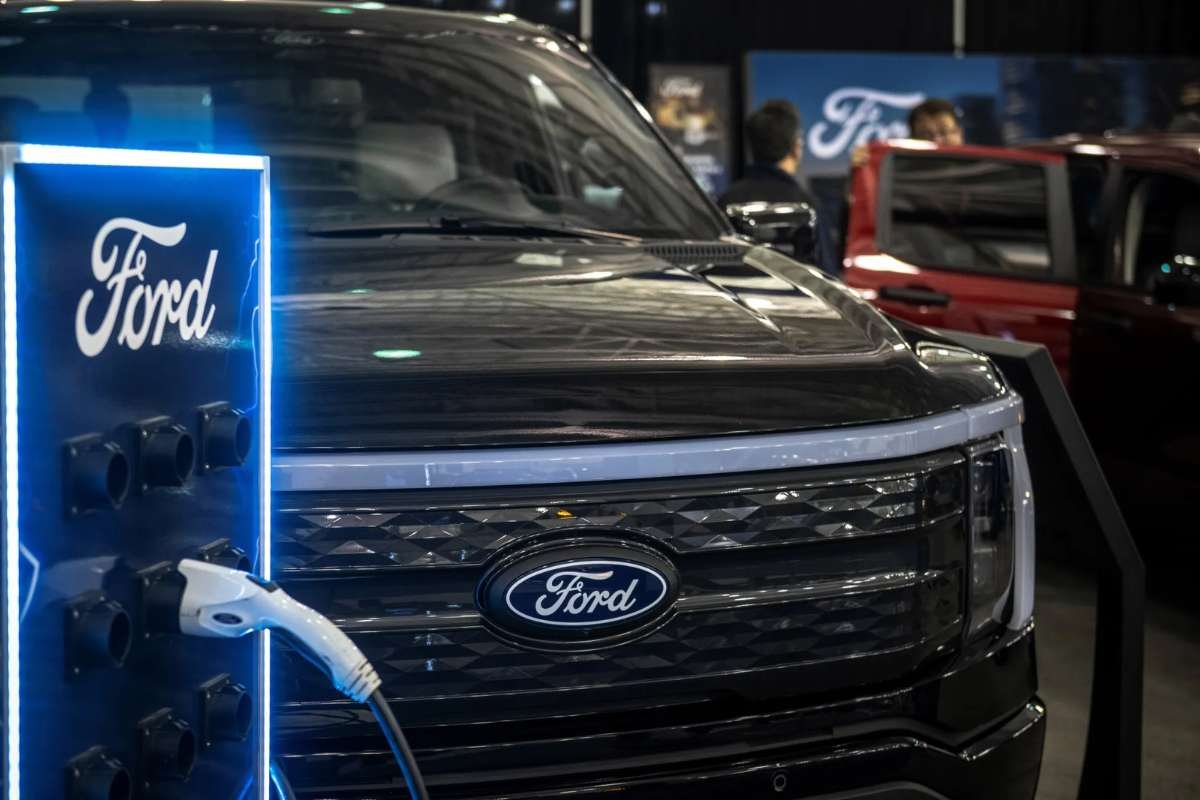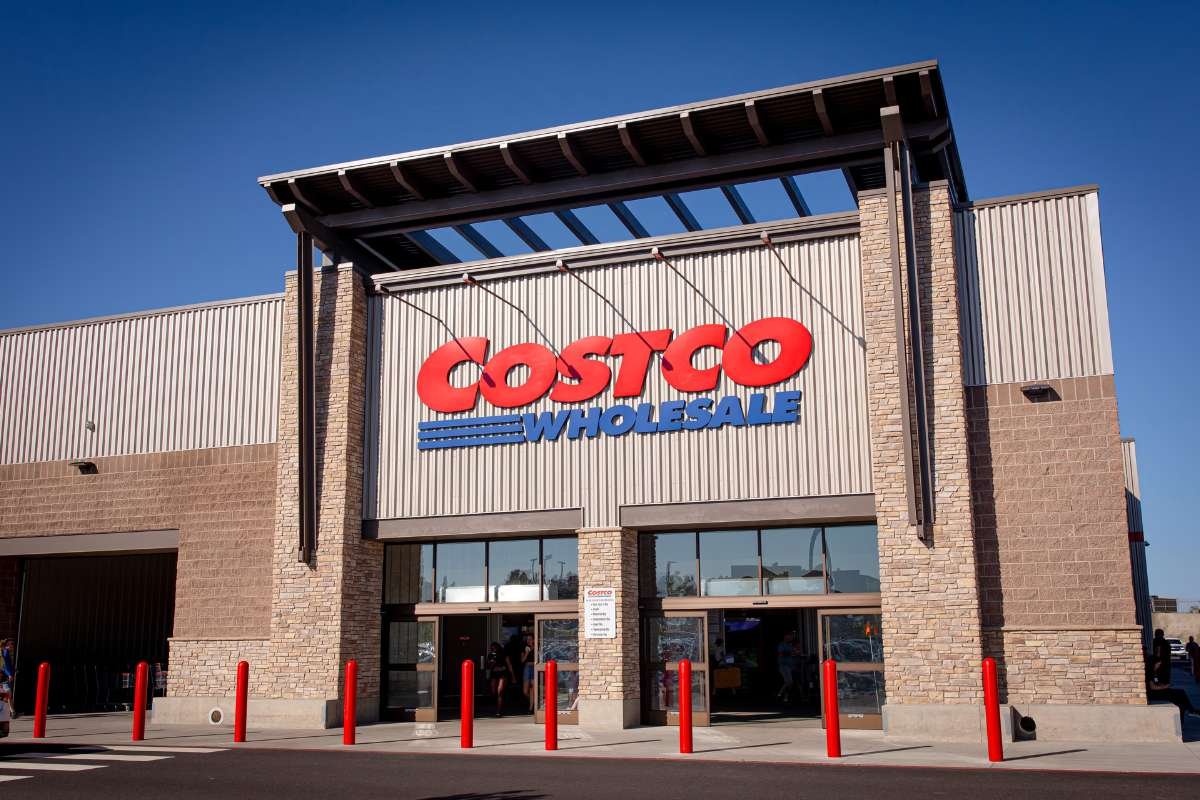Key Points:
- Toyota EV recall hits 90,000 units over HVAC software flaw.
- Affected models: bZ4X, Lexus RZ, Subaru Solterra (2023–2025).
- Free fixes and updates begin by November 2025.
Toyota, Lexus, and Subaru have announced a recall of more than 90,000 electric vehicles in the United States due to a defect in their heating, ventilation, and air conditioning (HVAC) systems. The problem, traced to a faulty software component in the electrical control unit, can prevent windshield defrosters from functioning effectively. This raises concerns about reduced visibility during cold or humid conditions, increasing the risk of accidents.
The recall impacts several flagship electric models. Toyota’s bZ4X, Lexus’s RZ series (including the RZ300e and RZ450e), and Subaru’s Solterra—all produced between 2023 and 2025—are included in the safety campaign. The companies have emphasized that the defect does not affect vehicle drivability or battery performance but specifically compromises defrosting capability, which is essential for safe driving in the winter months.
Scope of the Issue
In total, approximately 62,000 Toyota and Lexus vehicles, as well as around 32,000 Subaru Solterra units in the U.S., are subject to recall. An additional 16,000 vehicles in Canada are also reported to be affected. This action follows earlier Toyota EV recalls of the same EV models in recent years, which had previously addressed separate concerns such as wheel stability.
The issue at hand is less mechanical and more safety-critical in terms of visibility. A malfunctioning defroster can prevent drivers from clearing ice, frost, or fog from the windshield, creating hazardous driving conditions. Given that these vehicles are marketed as next-generation EVs designed for reliability and performance, the recall has drawn attention from industry watchers who note that software reliability has become as important as hardware integrity in modern vehicles.
The Toyota EV recall also underscores the growing pains in the EV sector, where traditional automakers are increasingly reliant on complex software systems. Even minor glitches can quickly escalate into safety concerns, necessitating large-scale corrective actions.
Next Steps for Owners
Manufacturers have confirmed that owners will not bear any costs for repairs. Authorized dealers will install a software update to fix the issue within the HVAC system. During the recall service, technicians will also inspect the HVAC compressor and replace it if necessary.
Customer notification letters are expected to be mailed by early November 2025, ensuring that vehicles are repaired before the peak of the winter season when defrosters are most critical. Until then, owners concerned about their vehicles can verify recall status by checking their Vehicle Identification Number (VIN) through the official Toyota, Lexus, or Subaru recall portals.
This Toyota EV recall highlights the continued importance of proactive quality checks as automakers transition deeper into the electric era. While the defect does not compromise driving performance, it illustrates how secondary systems such as climate control can become vital safety features. With swift corrective action promised, the companies aim to reassure customers that safety remains the top priority as they expand their EV lineups.


















